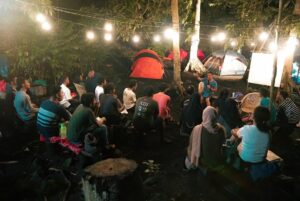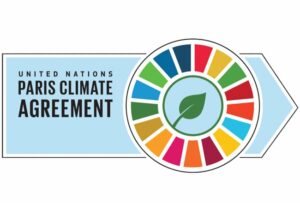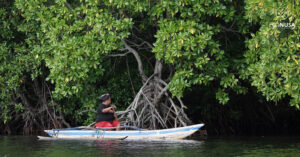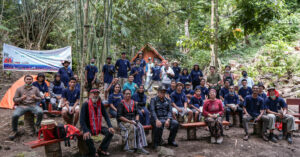With a sea area of nearly 3.2 million square kilometers, it’s no surprise that Indonesia’s underwater world is so rich. On the other hand, there are now a number of issues that have the potential to threaten its long-term sustainability, including waste problems, coastal conversion, illegal fishing, and so on. All of this indicates that our sea is not doing well.
We are certain that we do not want our sea to become less beautiful than it once was. Therefore, we should make a more serious effort to protect it. Actually, from ancient times, the attempt to conserve the sea has become a local tradition for local people in various parts of Indonesia. Are you curious about these traditions? Let’s find out!
1. Lilifuk Tradition
In East Nusa Tenggara, the Baineo people have a unique Lilifuk tradition for preserving the sea. Lilifuk is a big seawater pool made by covering some marine areas for 6 months to a year. There should be no activity inside the Lilifuk during this period, such as fishing or damaging the coral reef environment. If this regulation is broken, the offender must pay a fine in the form of money, rice, or livestock. Thus, it is unsurprising that the potential of marine resources is preserved and abundant due to this regulation.
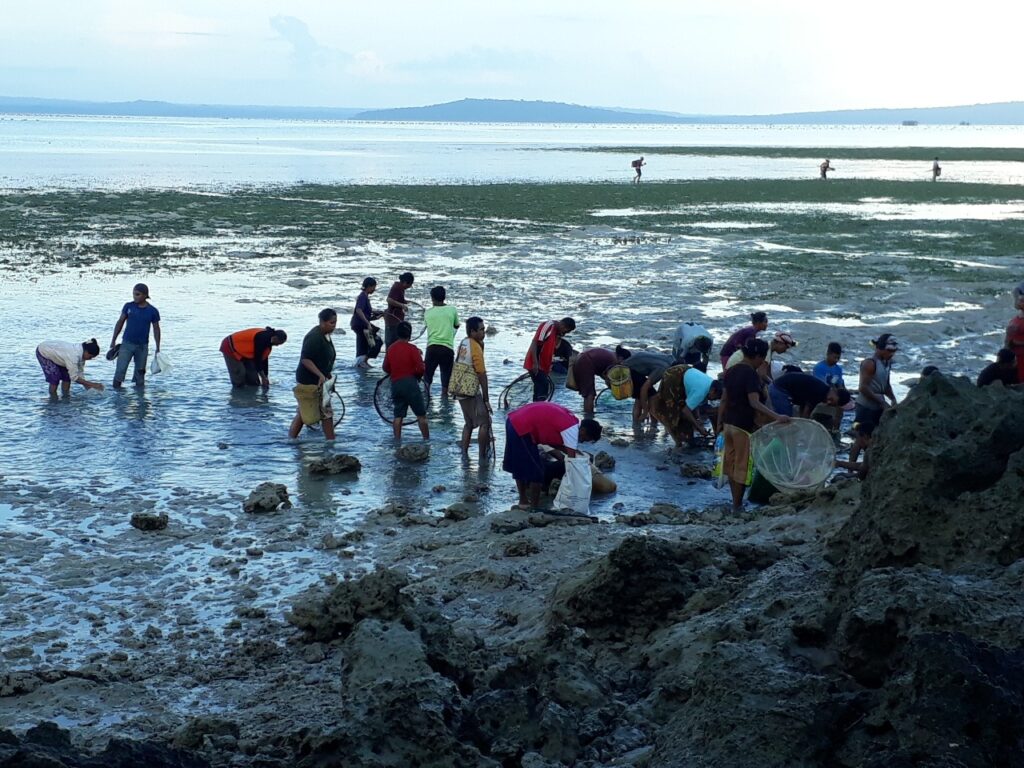
In June and December of each year, the Lilifuk area reopens. The locals will perform a traditional fishing ceremony at that time, before eventually being able to catch the fish that are there. However, they must harvest the marine resources wisely and share with others.
2. Bapongka Tradition
The Bajo Tribe of Sulawesi seems to be inseparable from the sea. They’ve been known as ‘People of the Sea’ since ancient times. They build houses on the sea, spend a lot of time on boats, and they can dive to the depths of the ocean. One of the traditions they have is Bapongka, which is sailing other areas for several weeks to months. This voyage is carried out in groups using a traditional boat called lepa, as well as traditional fishing gear.
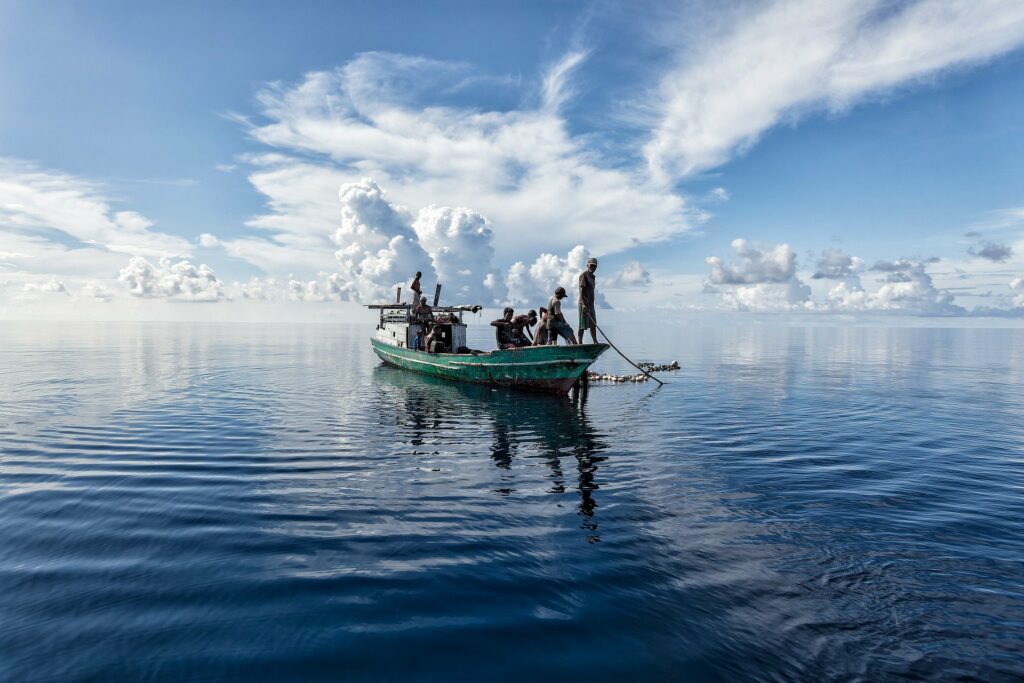
This tradition is considered capable of preserving the sea because until now they are still using traditional equipment that does not cause damage or pollution. In addition, they also have regulations not to throw anything into the sea, from rice washing water to wood charcoal used for cooking. If there is a violation, they believe that there will be a natural disaster that can occur.
3. Sasi Tradition
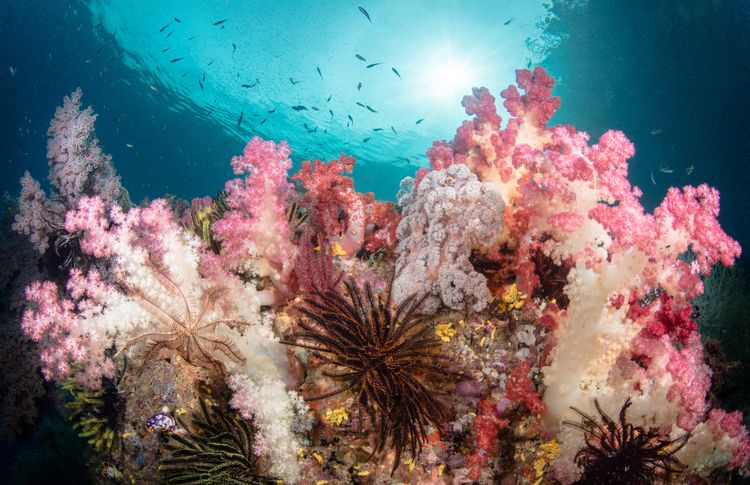
People from Maluku and Papua typically practice the Sasi tradition in their respective regions. Sasi, like the Lilifuk, has a periodization system to govern when people are allowed to catch and use marine resources. The time it takes for the sea to ‘open and close’ varies depending on the needs of each region. Some are closed for three months, six months, two years, or even four years. If someone breaks the restrictions during the prohibition period, they will be fined. In this way, the region’s marine resources can be well conserved and kept out of the hands of humans.
4. Panglima Laot
Since the 16th century in the era of the Kingdom of Aceh Darussalam, the people of Aceh have known the existence of Panglima Laot. These Panglima Laot have their own areas of authority based on a location unit called Lhok. They are traditionally entrusted with preserving the sea by regulating fishing practices, prohibiting illegal fishing, and supervising the enforcement of customs and customary maritime regulations. Furthermore, they’re also in charge of aiding the government in the fisheries and maritime sectors.
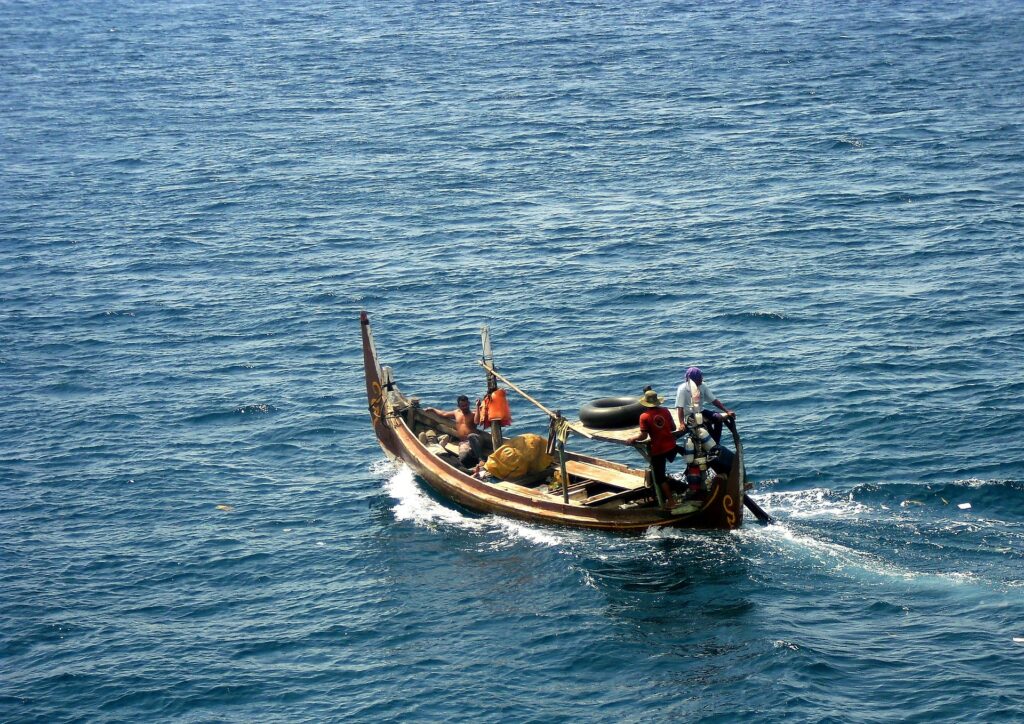
In the customary regulations, there is a rule saying that there must be some days when people are not allowed to go to sea and catch fish. With this kind of rule, the marine ecosystem’s sustainability can be better preserved. Moreover, the use of weapons such as fish bombs and electric stun guns to catch fish is also prohibited.
Isn’t it fantastic to see how many people are still committed to continuing the tradition of protecting the sea in their respective areas? Let us follow in their steps, as it is also our responsibility to protect our sea’s sustainability. For example,we should not pollute the sea and damage marine biota, and equip ourselves with knowledge about marine issues in Indonesia.
You can do this by reading from various sources or visiting the EcoNusa TV YouTube channel to watch the discussion of the Sail to Campus program. Various casual and engaging chats about the sea with trusted guests are featured in this program. So, let’s start caring more about Indonesia’s seas, shall we?



